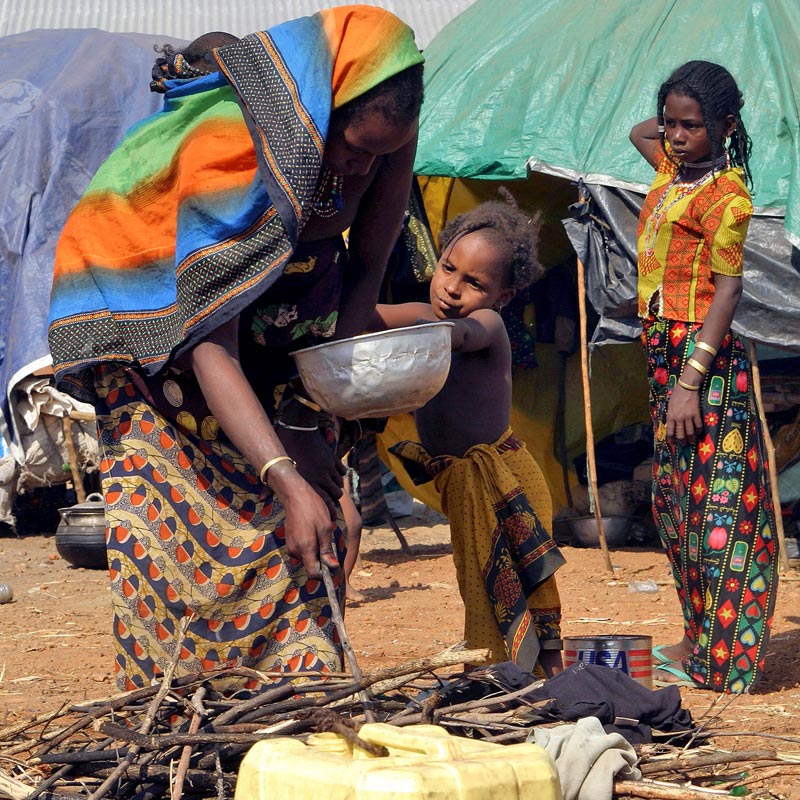Originally published in the Chicago Tribune on January 10, 2006, MacArthur President Jonathan Fanton discusses the need for the United States to take a leadership position on the issue of human rights abuses.
On its Web site, the United Nations Commission on Human Rights describes itself as "the world's foremost human rights forum."
Unfortunately, given its membership and structure, the commission has become little more than a punch line for late-night comics. Its current members include Sudan and Zimbabwe, nations with their own dubious human rights records. In 2003 Libya, widely recognized as one of the world's most repressive governments, chaired the commission. The commission meets only once each year, failing to act on egregious rights abuses that occur between its meetings.
Politics, which should not be a consideration, have too often come to dominate the commission's work. For example, Sudan helped to water down language and constrain discussion of the flagrant human rights violations occurring in Darfur.
The UN must play a leading role in setting international standards and offering a forum to air and address human rights grievances. When governments fail to protect their citizens or abide by their obligations, the international community has a responsibility to act--a responsibility to protect the vulnerable and to hold nations accountable. UN Secretary General Kofi Annan proposed in September that human rights become the third pillar of UN activity, along with security and development. He recommended the current commission be replaced by a smaller council with new membership selection procedures to decrease the likelihood that human rights abusers would serve on the council.
Council membership must not be a tool for bad actors to avoid criticism or thwart international action. Members should be elected on an individual vote by a two-thirds majority. Regions should be required to nominate more candidates than there are slots, ensuring more competition in the voting. The council needs to meet more often to ensure public attention and international criticism is never far away for countries violating human rights.
We should be pleased the U.S. is backing such reforms. But we must not let slide this historic opportunity to reform the UN and strengthen its focus on human rights. American officials and other UN member states should be more forceful in advocating the importance of the Human Rights Council and should ratchet up their role in the negotiations, which resume Wednesday.
Chicago Tribune
Tuesday, January 10, 2006




